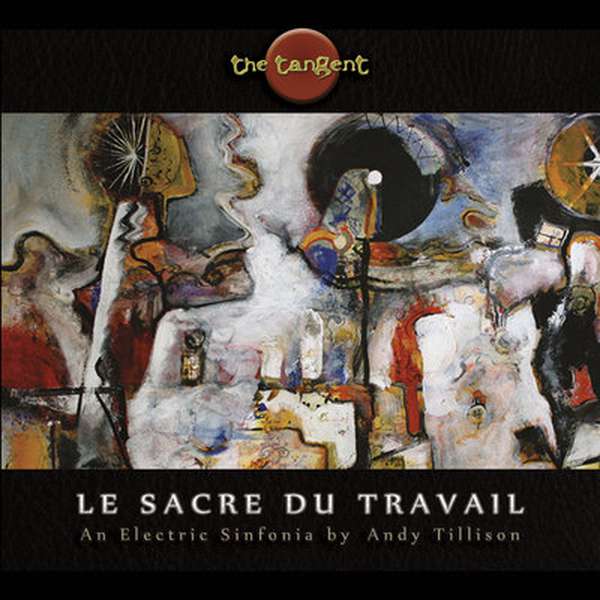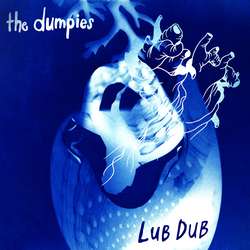If there's anyone who can make the mundane interesting, it'd have to be progressive rockers The Tangent. As evidence, I cite their newest album, Le Sacre du Travail (The Rite of Work), which is a five-movement, hour-long piece of music encapsulating the variety of emotions in the typical Westerner's work day.
And it certainly succeeds at that project--bland concepts and trivial lyrics are blown up with aplomb, creating a surprisingly engaging hour of commutes, wage slaving, and television. Though the concept of aggrandizing the dull mechanism of modern life is far from original (Battlestations's first album is currently my favourite take on the genre), Le Sacre du Travail is the only album I know of that does so in a positive manner. This isn't a condemnation of ennui and meaninglessness; it's a celebration of the regular, routine things we do in our day-to-day lives, the thankless tasks for which we otherwise would have no recognition. It's a surprisingly uplifting work for a topic normally laden with doomsayers. (It's also noticeably European; how many North Americans make a point of having evening tea?)
Musically, the album is rooted in old-style progressive rock, with epic-length, piecewise, high-concept compositions placed alongside briefer, more pop-oriented tracks. The Tangent are clearly in debt to prog progenitors like Yes, but aural citations to the likes of King Crimson can be heard when they show off their love of fusion and free-form jazz, especially in the bonus track "Muffled Epiphany." (And speaking of which, what is with the live version of "Hat"? It's such a superfluous, meaningless piece, and even more so as "bonus" material.)
Are there any weak points? Sure. The music is far from original, stylistically the same as every other straight-up progressive rock band today. Actually, that's not completely true--The Tangent's music feels notably less intense, and while that can be a valid stylistic choice, in this case it saps some well-needed energy out of their performance. Most of the movements feel very strenuous and drawn out; the uncharacteristically upbeat closer "Evening TV" is the only part I find myself returning to. I suppose you could argue that the intensity is meant to mirror one's enjoyment of the particular parts of the day, but that doesn't make the music any more enjoyable to listen to (even if I do admire the dedication to the concept).
So, Le Sacre du Travail is not revolutionary, and it's certainly not The Tangent's finest release. But it's an above-average album, and a fine addition to any progressive fan's collection.
Recommended if you like: The Flower Kings, early Genesis, Spock's Beard




